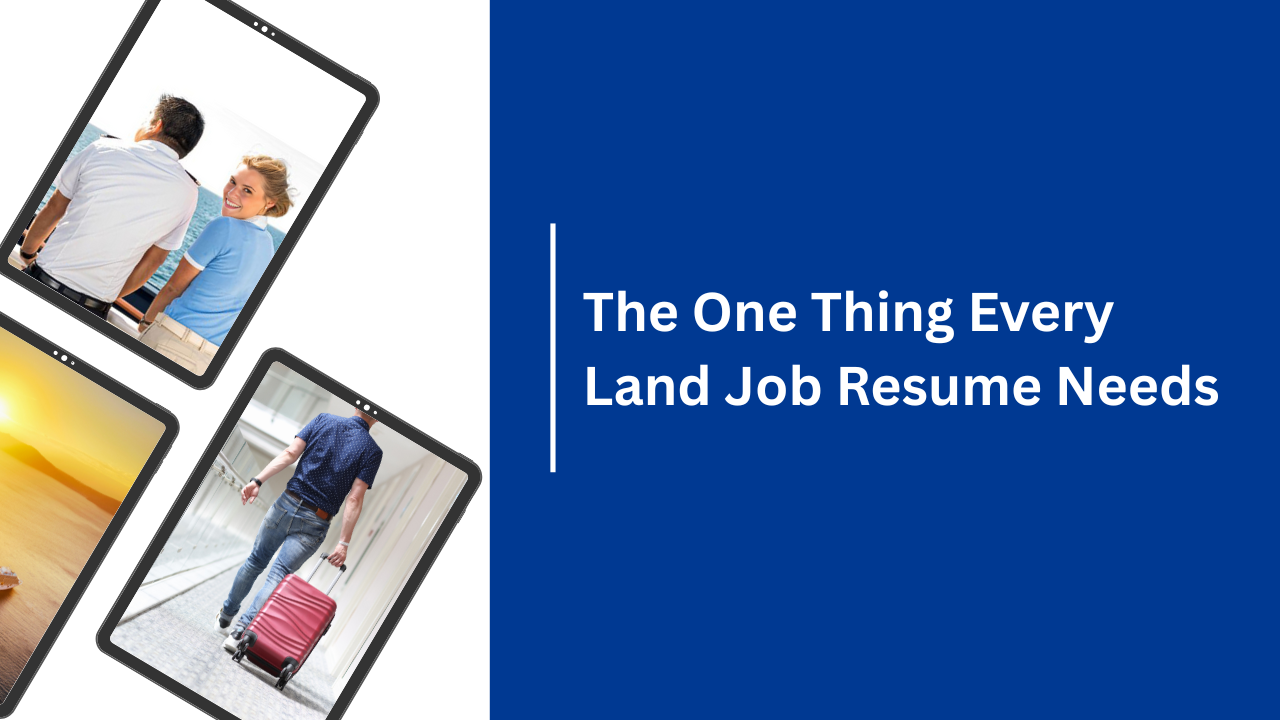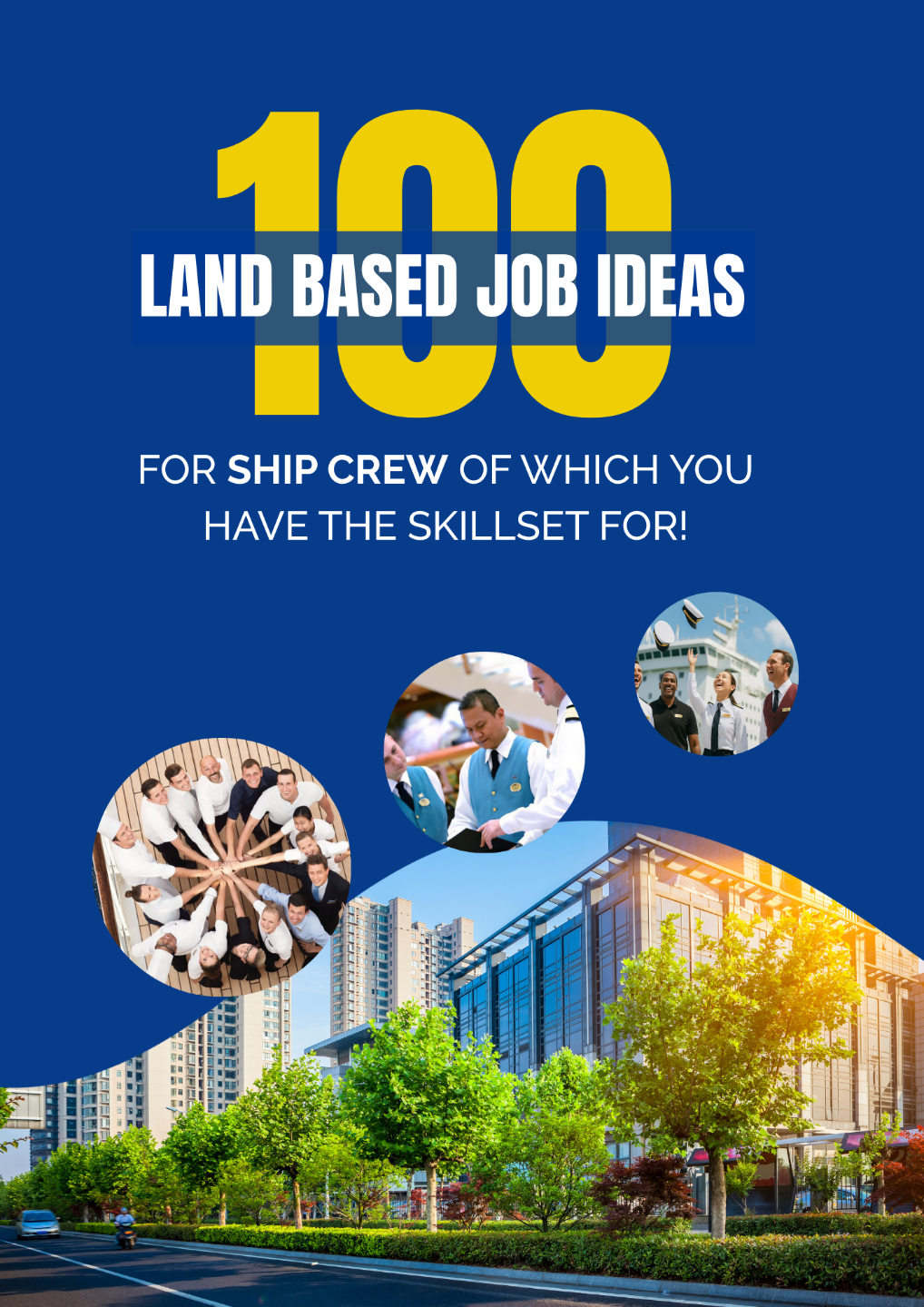Your Skillset - The One Thing Every Land Job Resume Needs

The Must-Have Tool for Your Resume, Job Search, and Career Clarity
If you’ve ever looked at a job ad and thought “I don’t know if I’m qualified…” this blog is for you. Or maybe you’ve opened a blank resume and stared at the screen, unsure what to write beyond “worked in housekeeping for 7 years.” That’s where your skillset becomes your secret weapon.
It’s not just a buzzword it’s the foundation of your next job or career move. When you know your skillset, everything from job searching to resume writing becomes easier, faster, and more aligned with who you are. Let’s break it down so you can start using your skillset today.
What Is a Skillset, really? Well, it’s a combination of your strengths, abilities, and experiences, the things you know how to do, and the way you do them. It’s not just a list of tasks from your job. It’s the value behind those tasks. You didn’t just “serve drinks.” You handled pressure, upsold products, kept customers happy, and managed 10 things at once. That’s your skillset showing up. Think of your skillset as your personal toolbox and the better you know what’s in it, the easier it is to build something new.
There are 3 types of skills which you already have, even though most people onboard haven’t heard of these three categories, you’re using them every day:
- Hard Skills
Hard skills are the specific, teachable abilities you’ve learned through training, courses, or experience. They’re often technical or task-based things you can clearly demonstrate or prove with certification, repetition, or results. Employers value them because they’re easy to measure.
For example:
- Operating laundry equipment
- Using Excel or inventory software
- Writing shift reports
- Stocktaking
- Performing first aid
- Pouring drinks to recipe standards
These are the “doing” skills. They’re what get you in the door for specific roles and you probably have more of them than you think.
- Soft Skills
Soft skills are the human side of how you work. They’re the personality-driven traits that shape how you communicate, collaborate, and respond to situations. Unlike hard skills, these aren’t taught in a class they’re shaped by experience and self-awareness. On ships, these are the skills that helped you keep your cool during chaos, navigate different personalities, and lead by example.
Examples include:
- Teamwork
- Time management
- Leadership
- Adaptability
- Conflict resolution
- Communication
- Cultural awareness
Soft skills are often what tip the hiring decision in your favor they show how you’ll show up, not just what you can do. I suggest paying attention to this type of skillset.
- Transferable Skills
Transferable skills are your bridge between ship and shore. These are the flexible, adaptable skills that you’ve developed onboard and can carry into any new industry or job. Whether you’re applying for a role in hospitality, logistics, sales, admin, or beyond, your transferable skills help you connect the dots.
Examples include:
- Customer service
- Problem-solving
- Multitasking
- Attention to detail
- Working under pressure
- Sales
- Training others
- Event coordination
They’re the “core” of your experience — and when you learn how to describe them in land-based language, they become incredibly powerful in job applications and interviews.
These three together make up your full skillset. And when you understand this, you realize you don’t need to “start from scratch” on land. You’re already equipped
Your skillset isn’t just a nice-to-know, it matters. It’s how recruiters and employers decide if you’re a match. Here’s how it shows up in your job search:
- Job Ads are filled with required skills the better you know yours, the easier it is to apply
- Resumes are meant to highlight your top skills not just your job title
- Cover Letters should tell the story of your unique skills and how you use them
- Interviews are simply about showing how your skills solve their problems
When you can speak your skillset clearly and confidently, you stop feeling like a “ship person trying to get a land job”… and start showing up as someone who knows what they break to the table.
How to Start Identifying Your Skillset
Start here:
- Break down your last job.
What did you do each day? What did others rely on you for? What problems did you solve? - Look for patterns.
Across your ship contracts, what skills kept showing up? What roles came naturally to you? - Ask yourself: “If I had to train someone to replace me, what would I teach them?”
This question brings your hidden skills to the surface fast.
Knowing your skillset changes everything. You stop guessing. You start applying. And you begin to see how your ship life prepared you for more than you thought. You already have what it takes. Now it’s time to speak it clearly and use it powerfully.
And if you want my help, my online (step by step) course Hired gives you the tools to discover your full skillset, feel confident applying for land-based jobs, and even includes a professionally written resume and cover letter done for you.
You’ve got the skills - Hired helps you show them off.



